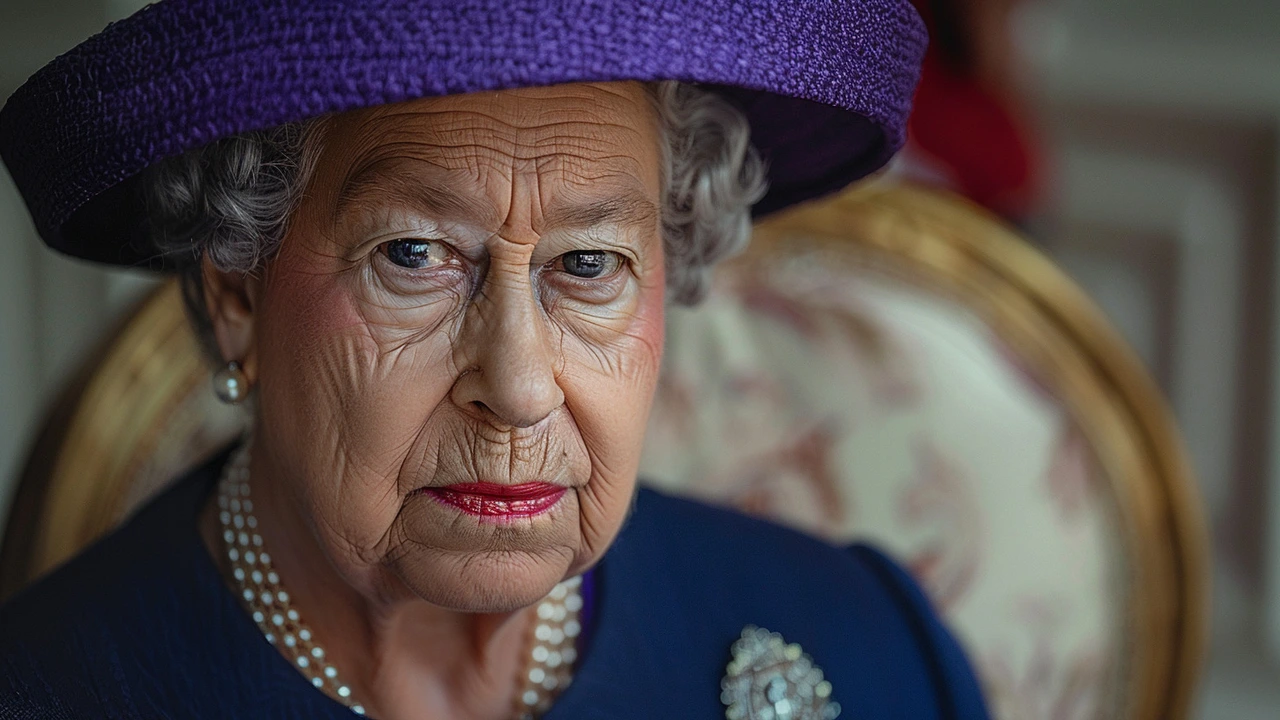COVID-19: What to know and what to do
COVID-19 is still around and most people will run into it at some point. Knowing the basics—what to watch for, when to test, and how to care for yourself—keeps you safer and less stressed. This page gives straightforward, up-to-date advice you can use right away.
Common symptoms include fever or chills, cough, sore throat, nasal congestion, fatigue, muscle aches, headache, and loss of taste or smell. Symptoms can show up 2–14 days after exposure. Some people stay mild; others get seriously ill. If you have symptoms and are in a high-risk group (older age, immune problems, chronic conditions), contact your healthcare provider early—there are treatments that work best when started soon.
Testing and isolation
Two main test types are available: PCR (lab test) and rapid antigen tests (at-home kits). PCR is more sensitive; rapid tests give quick results and are very useful when symptoms start. Test if you have symptoms, a known exposure, or before visiting someone at high risk.
Follow local public health rules for isolation, but a common approach many health agencies recommend is isolating at least 5 days from symptom start or positive test, and wearing a well-fitting mask through day 10 around others. You can usually end strict isolation when symptoms are improving and you've been fever-free for 24 hours without fever-reducing meds. If symptoms worsen, test again and call your healthcare provider.
Treatment, when to seek help
Mild cases usually get better at home with rest, fluids, and over-the-counter medicines for fever and pain. For people at higher risk of severe disease, antiviral pills such as nirmatrelvir/ritonavir (Paxlovid) or other prescription treatments may be options—these work best when started within days of symptom onset. Talk to your provider quickly if you’re eligible.
Go to emergency care or call emergency services if you have trouble breathing, persistent chest pain or pressure, new confusion, inability to stay awake, or bluish lips/face. These are signs of severe illness and need urgent attention.
Preventing spread matters: stay up to date with recommended COVID vaccines and boosters, mask in crowded indoor spaces if risk is high, improve ventilation at home, and practice good hand hygiene. If someone in your household is sick, keep distance, use separate sleeping and bathroom spaces if you can, and clean high-touch surfaces.
Long COVID can happen after even mild infections. If you have lasting fatigue, brain fog, shortness of breath, or other symptoms that persist for weeks, see a clinician who understands post-COVID care.
Want more specific guides or local rules? Check your health department’s site and talk to your doctor. For articles on medications, testing tips, and related topics, browse our COVID-19 tag posts here on BigMountainDrugs Comprehensive Pharmacy Guide.
Debunking Misinformation: No Evidence of Queen Receiving Ivermectin for COVID-19
Recent misinformation suggested Queen Elizabeth II was treated with ivermectin for COVID-19. Full Fact, a fact-checking body, clarified after an investigation that this was due to a broadcast error, emphasizing the critical need for cross-verification in health-related news.
Keep Reading
